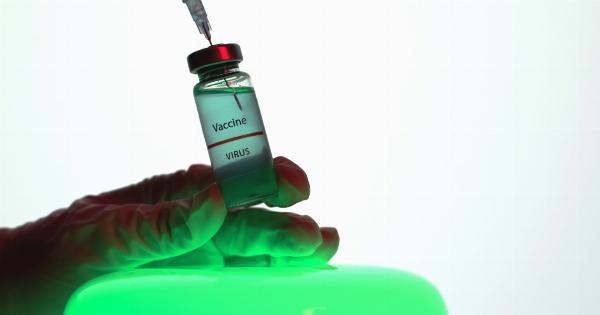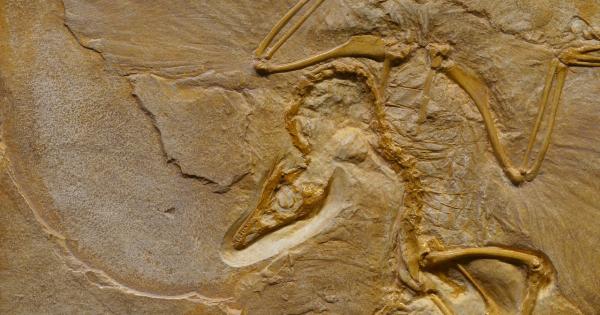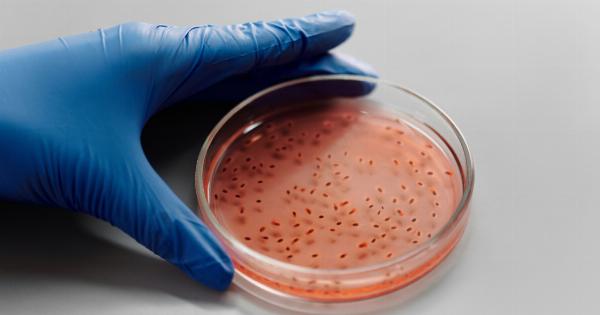Kronoviruses are a diverse group of viruses that affect both humans and animals. They are known to cause a range of diseases, including respiratory infections, diarrhea, and fever.
One of the key mechanisms by which the body fights off these viruses is through the interferon pathway. This pathway involves the production of interferons, which are proteins that signal to other cells in the body to activate an immune response.
However, recent research has identified a significant amount of mutational diversity in Kronovirus interferon pathways, which has important implications for the development of therapies and vaccines.
What Are Interferons?
Interferons are a group of proteins that are produced by cells in the body in response to the presence of a virus. They play a central role in the immune system’s response to viral infections.
When cells are infected with a virus, they produce interferons, which signal to neighboring cells to activate an antiviral response. This response can include the activation of immune cells, the production of antibodies, and the destruction of infected cells.
The Interferon Pathway and Kronoviruses
The interferon pathway is a complex process that involves the production of several different types of interferons. Each type of interferon has a slightly different function in the immune response.
For example, type I interferons are primarily responsible for activating antiviral responses, while type II interferons are involved in activating immune cells such as T cells and natural killer cells.
Kronoviruses have developed various mechanisms to evade or disrupt the interferon pathway. This allows them to replicate and spread within the body, leading to disease.
One of the ways that Kronoviruses can do this is through the mutation of key genes involved in the interferon pathway. These mutations can affect the ability of interferons to activate the immune response, allowing the virus to continue replicating and spreading.
Mutational Diversity in Kronovirus Interferon Pathways
Recent research has identified a significant amount of mutational diversity within Kronovirus interferon pathways. This means that different Kronoviruses can have different mutations in the same genes involved in the interferon pathway.
These mutations can affect the ability of interferons to activate the immune response, allowing the virus to continue replicating and spreading.
This mutational diversity has important implications for the development of therapies and vaccines for Kronovirus infections.
Traditional approaches to developing antiviral therapies and vaccines have typically focused on targeting specific proteins or genes within the virus. However, the mutational diversity in Kronovirus interferon pathways means that these therapies and vaccines may not be effective against all strains of the virus.
Instead, new approaches are needed that take into account the mutational diversity within Kronovirus interferon pathways. One approach is to develop broad-spectrum antiviral therapies that target multiple points in the interferon pathway.
Another approach is to develop personalized therapies tailored to the specific mutations present in a patient’s virus.
Conclusion
Kronoviruses are a diverse group of viruses that can cause a range of diseases. The interferon pathway plays a critical role in the immune system’s response to these viruses.
However, recent research has identified a significant amount of mutational diversity in Kronovirus interferon pathways. This has important implications for the development of therapies and vaccines for Kronovirus infections.
New approaches are needed that take into account this mutational diversity, including broad-spectrum antiviral therapies and personalized therapies.





























